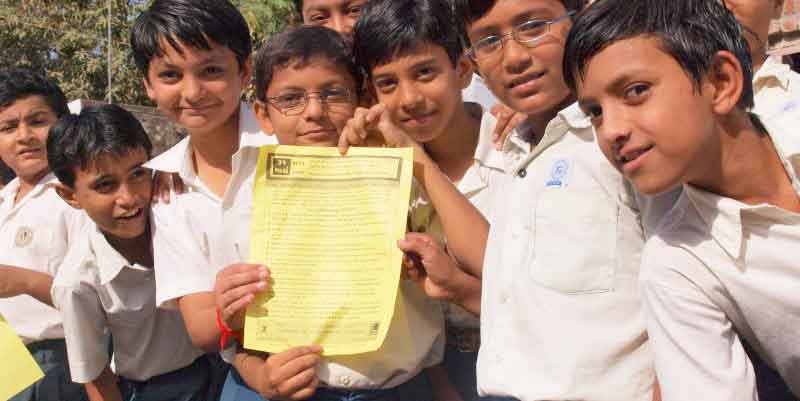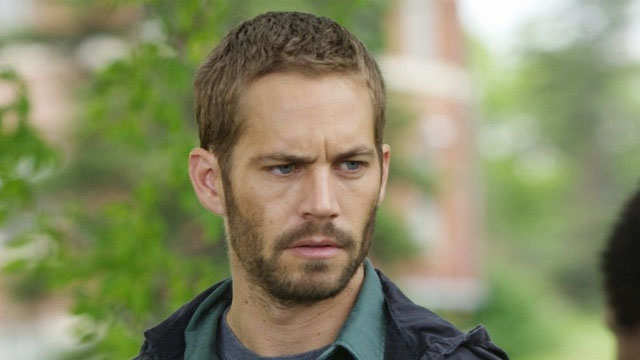They say education gives a child its wings. Why then, have the children from the weaker sections of the society been denied basic primary education?
I was travelling in a cab, someday in Mumbai, when the driver randomly chose topics to talk on. He talked about politics, India, poverty, his hometown (which is in UP), illiteracy and his family. Speaking of his children, he told me how he wanted them to attain a regular education as the other children of high class society did, and that ‘best means of education’ is the only thing he can give them.
Back then, I was not well aware of what did the RTE Act exactly state. However, when he spoke of his hopes on RTE, which would secure his children’s education in a good school in Delhi, I was surprised about how we, the so-called educated class, weren’t fully aware of things like these, and how people like the cab drivers had all their hopes rested upon it.
The Right to Education Act or RTE was passed by the Parliament of India in the year 2009, to ensure that every child in the age group of 6 to 14 attains free basic primary education, compulsorily. This admission season, when many of the parents were busy preparing their children to fare well in the interview, there were parents out there who even though wished to, couldn’t afford to send their children to school. The Act also speaks of protection of child rights, which states that the in-charge of Public Instruction is to make sure that children hailing from underprivileged background will not be discriminated. Yet we fail to see any difference in the mindset and functioning of the schools.
During late March, a number of schools affiliated to central and private boards refused to admit students on the grounds that they weren’t affiliated to the state board and hence cannot be questioned about the disqualification of candidates. When you look at what the school management had to say, you won’t deny that they’re somewhere right. Increasing the class size by about twenty five percent at the point when the admission procedure was at a closure would make the teacher student ratio rise by a good percentage and the facilities provided would not be available to everyone.
In the latest of events, a set of more than thirty schools in Bangalore have refused to admit students who had already been allotted a seat, on the basis of a ‘minority school’ or by raising the fees of the other seventy five percent of the students, to a great extent.
What use is the Act if it hasn’t been adapted by schools in past five years?
They say education gives a child its wings. Why then, have the children from the weaker sections of the society been denied basic primary education?
We talk of growth and prosperity. How is the country expected to grow when the children are not even primarily educated?





